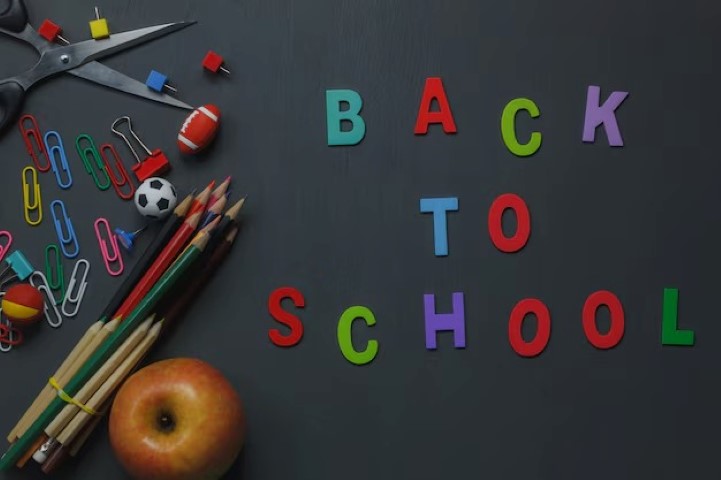What is a “Book Club” in English?
A “book club” is a group of people who meet regularly to discuss and share their thoughts on books they have read. Book clubs provide a platform for readers to come together, exchange ideas, and explore different literary works. They are popular among book enthusiasts who enjoy the social aspect of reading and the opportunity to engage in intellectual discourse.
In English, the term “book club” is widely recognized and used to refer to these reading groups. It is a common concept that can be found in many countries and cultures around the world.
How to Say “Book Club” in English
The direct translation of the Turkish phrase “kitap kulübü” into English is “book club.” This term is used to describe the same concept in the English language.
When referring to a book club in English, you can use the following phrases:
– “I’m part of a book club.”
– “We have a monthly book club meeting.”
– “Let’s start a book club together.”
– “Have you heard about the new book club in town?”
The term “book club” is straightforward and easily understood by English speakers, as it is a widely recognized and established concept.
Examples of Using “Book Club” in English Sentences
Here are some examples of how you can use the term “book club” in English sentences:
1. “I’ve been a member of the local book club for the past two years, and I’ve really enjoyed the discussions and the opportunity to discover new authors.”
2. “Our book club is planning a special event where we’ll invite the author of our latest read to join us for a Q&A session.”
3. “If you’re interested in joining a book club, I can recommend the one I’m a part of. They’re a friendly group and always welcome new members.”
4. “The book club I belong to meets every month to discuss a different genre, from classic literature to contemporary fiction.”
5. “I couldn’t make it to the book club meeting last week, but I’m looking forward to catching up on the discussion about the latest book we read.”
6. “Have you ever considered starting a book club at your workplace? It can be a great way to foster a love of reading and encourage discussions among colleagues.”
7. “The local library hosts a book club that focuses on non-fiction titles. It’s a great way to learn about new topics and engage in thought-provoking conversations.”
8. “Our book club is planning a field trip to the author’s hometown to visit the locations mentioned in the novel we’re currently reading.”
9. “I’m excited to join the book club at my university. It’s a great opportunity to connect with fellow students who share my passion for literature.”
10. “The book club I’m a part of has a diverse membership, with readers from different backgrounds and age groups. It makes for lively and insightful discussions.”
As you can see, the term “book club” is versatile and can be used in a variety of contexts to describe the shared experience of reading and discussing books with a group of people.
Related Vocabulary and Expressions
Here are some additional words and phrases related to book clubs in English:
– “book discussion” – A conversation or exchange of ideas about a book.
Example: “The book club had a lively book discussion about the protagonist’s motivations.”
– “book recommendation” – A suggestion for a book that someone believes others would enjoy.
Example: “Based on your reading preferences, I have a great book recommendation for your book club.”
– “book review” – A critical analysis or evaluation of a book.
Example: “The book club members shared their book reviews of the latest novel they read.”
– “book club meeting” – The regular gathering of a book club to discuss a book.
Example: “I can’t make it to the book club meeting this month, but I’ll try to join the next one.”
– “reading group” – Another term used to describe a book club.
Example: “Our reading group meets every two weeks to talk about the assigned reading.”
Remember, as an English teacher, you should aim to use a friendly and engaging tone when explaining these concepts to your students. Feel free to incorporate personal anecdotes or examples to make the content more relatable and interesting.











